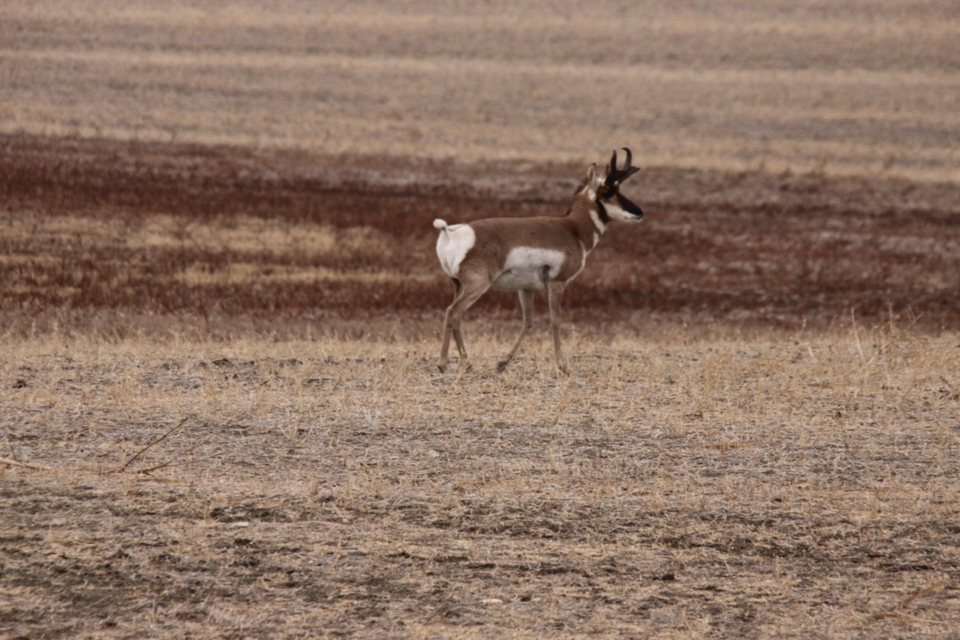Cultivated farmland continues as the investment that beats all other categories.
Saskatchewan’s cultivated farmland value has increased by more than half in the last five years says the Farm Credit Canada annual farmland price survey for 2023
In 2023 cultivated land in this province averaged a 15.7 per cent increase. That was highest of the 10 provinces, surpassing the national average of 11.5 per cent.
The rate of increase surprised some observers who had expected a small increase given pressure from lower commodity prices, higher input prices and a lack of moisture
The FCC report noted “there was a lack of arable farmland to meet demand” in Saskatchewan.
Saskatchewan’s unexpected price increase was fuelled by a 6.1 per cent increase in farm cash receipts, compared to a .4 per cent increase in Canada.
FCC analyst Corbin Chau says 2024 may be a pivotal year for farmland prices with tighter margins for grains, oilseeds and pulses.
Prices within Saskatchewan’s six regions for cultivated land varied from $1,500 an acre to $5,600.
Average prices in six regions varied from a low of $2,500 an acre in the southwest to an average of $3,600 in the northeast.
The Moose Jaw region is in the southeast where land averaged $2,900 an acre with a high of $5,600 and a low of $1,400.
Irrigated farmland value increased by 3.2 per cent to an average $6,600 an acre. Irrigation land sold between $4,800 and $9,500 an acre.
Even with high cattle prices Saskatchewan pasture land values averaged a smaller increase than cultivated land with a 12.7 per cent hike.
Average pasture land price was $900 an acre in three regions. Low was $800 in the northeast.
Averaging $1,100 an acre were the west-central region and southeast regions including Moose Jaw.
Pasture in the Moose Jaw region sold for $600 to $1,700 an acre.
Within the six regions pasture sold for as low as $400 an acre in the northwest and as high as $2,100 in the west-central region
Second highest increase in cultivated land was in Quebec at 13.3 per cent.
Third was Manitoba at 11.1 per cent. Alberta farmland was up 6.6 per cent.
British Columbia was the only province where farmland fell in price by 3.2 per cent. B.C. pasture increased by 7.4 per cent.
Ron Walter can be reached at [email protected]




